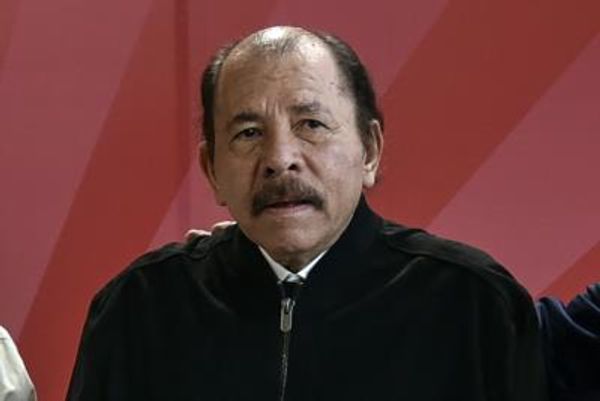
As any bank relies on the trust it builds between both customers and the public, and even a whiff of a scandal can do serious reputational and financial damage.
Wells Fargo (WFC) is still recovering from a string of scandals over everything from creating millions of accounts without customers' approval to accusations of offering higher rates and mortgage fees to Black and Hispanic candidates.
And Credit Suisse (CS) has lost senior executives as the lender works to rebuild its image following numerous scandals related to money laundering and tax evasion.
Danske Bank (DNSKF) is the latest lender to fall under the scrutiny of the authorities and come out with an expensive settlement.
A $2B U.S. Plea Agreement With Danske Bank
Denmark's biggest bank pleaded guilty and agreed to forfeit more than $2 billion to settle a U.S. investigation.
In a statement, the Justice Department said Danske "defrauded U.S. banks regarding Danske Bank Estonia’s customers and anti-money-laundering controls to facilitate access to the U.S. financial system for Danske Bank Estonia’s high-risk customers, who resided outside of Estonia – including in Russia."
The probe dates to 2018 when Danske Bank was accused of laundering money. TheStreet's Martin Baccardax reported then that the bank said an investigation found that the "vast majority" of around $234 billion in examined client flows from the Baltic branch, which were mainly connected to clients in Russia and the former Soviet Union, were deemed suspicious.
The bank also had said that even though CEO Thomas Borgen and then Chairman Ole Andersen did not breach their legal obligations, Borgen decided to step down.
The Justice Department's Dec. 13 statement said that some of the funds funneled through the U.S. were used for criminal transactions.
Settling the accusations, Danske Bank agreed to plead guilty to one count of conspiracy to commit bank fraud and forfeit $2.06 billion. The Justice Department said it would allocate $850 million of the payment to resolve similar investigations initiated by the U.S. Securities and Exchange Commission and the Danish authorities.
"Danske Bank lied to U.S. banks about its deficient anti-money-laundering systems, inadequate transaction monitoring capabilities, and its high-risk, offshore customer base in order to gain unlawful access to the U.S. financial system," Assistant Attorney General Kenneth A. Polite Jr. of the Justice Department's Criminal Division said in a statement.
Danske Had Reserved for a Settlement
In a statement to The Wall Street Journal, Danske Bank Chairman Martin Blessing said the “resolutions mark the end of the investigations into Danske Bank by U.S. and Danish authorities. We have cooperated since we were approached by the authorities and accept the terms of the resolutions.
“We offer our unreserved apology and take full responsibility for the unacceptable failures and misconduct of the past, which have no place at Danske Bank today.”
In October, Danske had set aside 14 billion Danish crowns ($2.01 billion) in preparation for a settlement.
That same month Fitch Ratings affirmed Danske's long-term issuer-default rating at A with a stable outlook.
"Danske's ratings reflect its strong universal banking franchise in Denmark and, increasingly across the Nordic region," Fitch analysts said.
"Danske's strong pan-Nordic focus provides stable revenue generation across a wide range of products, while taking on low levels of risk.
"Danske's strong financial profile is underpinned by its stable and diversified funding, solid capitalization and stable asset quality. This offsets its subdued profitability, which has remained under pressure since 2019."
"Whether you are a U.S. or foreign bank, if you use the U.S. financial system, you must comply with our laws," Deputy Attorney General Lisa O. Monaco said in the U.S. justice agency's statement.
"We expect companies to invest in robust compliance programs -- including at newly acquired or far-flung subsidiaries -- and to step up and own up to misconduct when it occurs. Failure to do so may well be a one-way ticket to a multibillion-dollar guilty plea."







